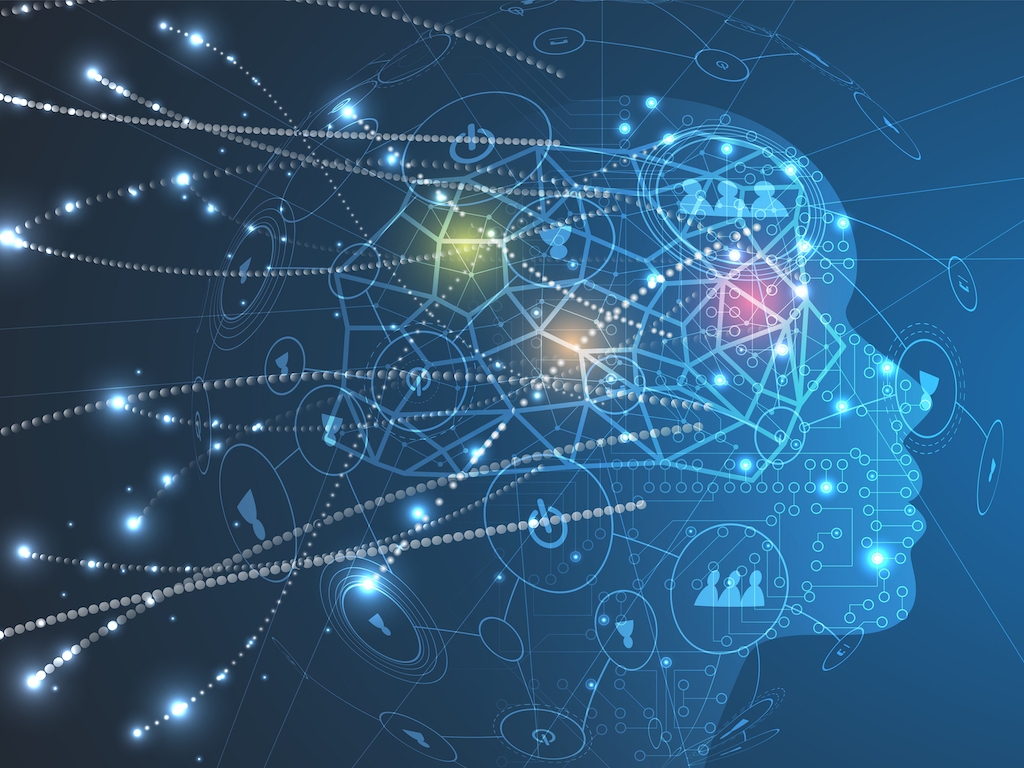
Linked Open Data is a key part of the digital transformation which positively impacts society.
Data and digital transformation are increasingly important to society, especially with the rise of IoT and Big Data. Opportunities around Artificial Intelligence (AI) and Machine Learning, as well as the need for greater flexibility and agility for adapting to change are challenges for Data and knowledge on the Web, and various W3C work groups imagine the solutions to industry problems.
§ Our community is focusing on
- Simplifying semantic interoperability across different kinds of information systems
- Role of Linked Data in relation to trust and privacy for digital dataspaces and associated marketplaces
- Supporting vocabulary development for operating on imperfect knowledge
- RDF-star, N3 rule language, Human-like AI, Linked Building Data, and more
Active groups
These groups imagine and specify the solutions to industry needs for Linked Open Data and digital transformation.
Dataset ExchangeWorking group
Decentralized IdentifierWorking group
JSON-LDWorking group
RDF Dataset Canonicalization and HashWorking group
RDF-starWorking group
Spatial Data on the WebWorking group
Verifiable CredentialsWorking group
Web Machine LearningWorking group
CredentialsCommunity group
Knowledge Graph ConstructionCommunity group
RDF Test Suite CurationCommunity group
Social Web IncubatorCommunity group
Discussions and meeting announcements happen on the SocialHub forum or on project-specific version control repositories.
Meetings are not always weekly, but can be requested or convened by any member of the group. If you have a specific item to discuss, please contact a chair if you need help with meeting logistics, and make a post on the SocialHub forum, ideally with two or more weeks notice. Visit the Social Web Incubator Community Group
SolidCommunity group
The aims of the Solid project are in line with those of the Web itself: empowerment towards an equitable, informed and interconnected society. Solid adds to existing Web standards to realise a space where individuals can maintain their autonomy, control their data and privacy, and choose applications and services to fulfil their needs.
The mission of the Solid Community Group is to describe the interoperability between different classes of products by using Web communication protocols, global identifiers, authentication and authorization mechanisms, data formats and shapes, notifications, and query interfaces.
To contribute towards a net positive social benefit, we use the Ethical Web Principles to orient ourselves. The consensus on the technical designs are informed by common use cases, implementation experience, and use.
Solid Technical Reports lists Work Items, information on how to Participate, and the Solid of Code of Conduct (in addition to the Positive Work Environment at W3C: Code of Ethics and Professional Conduct.)
Visit the Solid Community GroupWeb Machine LearningCommunity group
§ Why join?
Since 1994, we have been leading the World Wide Web to its full potential by developing protocols and guidelines that ensure long-term growth of the web.
By joining these groups, you have the ability to discuss and drive the standards produced by W3C. The conversations occurring in the groups concern both current and future standards, constantly aiming to make the web a better place. You have the ability to take part in guiding the future of the web.
Our values revolve around building the web for all
The social value of the web is that it enables human communication, commerce, and opportunities to share knowledge. One of W3C's primary goals is to make these benefits available to all people, whatever their hardware, software, network infrastructure, native language, culture, geographical location, or physical or mental ability.
W3C Members
138 member organizations are involved in the data ecosystem, including: